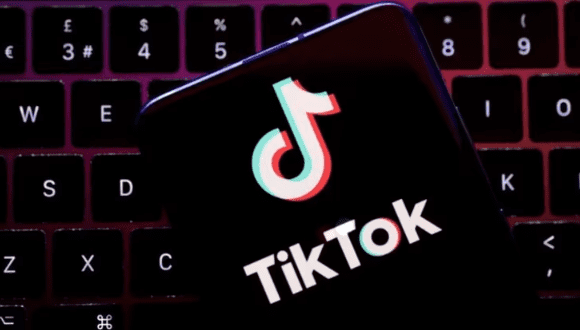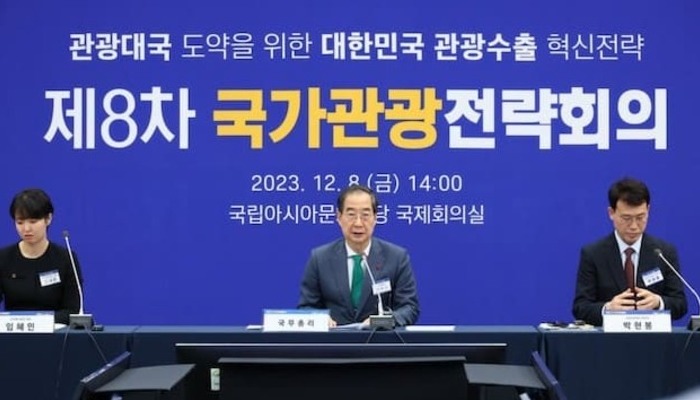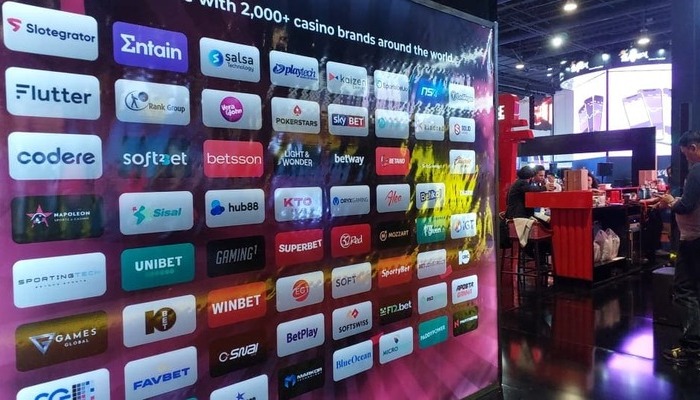
Facebook, TikTok sees increase in restricted posts in Malaysia about illegal gambling, hate speech
December 18, 2023 AsiaMalaysia
In the first half of 2023, an unprecedented number of banned social media posts and accounts were discovered in Malaysia, according to Meta, the parent company of Facebook, and TikTok. It was reported that among these content are those about illegal gambling.
The two internet giants’ transparency reports, which showed a sharp surge in requests from the government to remove content, revealed the growing restrictions.
The company banned almost 3,100 pages and posts on its Facebook and Instagram platforms in Malaysia between January and June, according to Meta’s twice-yearly Transparency Report. This sum is the most since Meta began tracking content restrictions in Malaysia in 2017 and is six times more than the prior six-month period.
In its own report from last month, TikTok claimed to have received 340 requests to remove or prohibit content from Malaysian authorities over the same time frame. Eventually, 815 of these posts and accounts were blocked or deleted by TikTok due to violations of the community guidelines on the site or local legislation. This amount is three times more than what TikTok removed for the second half of 2022.
Since entering office in November 2022, the Malaysian administration, under by Prime Minister Anwar Ibrahim, has been under fire for allegedly limiting free expression in opposition to its reforming goals. However, the regime denies suppressing dissent on the internet, stating that its intention is to curtail divisive remarks on race, religion, and monarchy.
The company reportedly prohibited material between July 2022 and June 2023 that violated laws about illegal gambling, hate speech, content that divided people based on race or religion, bullying, and financial scams, according to Meta’s research.
The amount of offensive content on Malaysian social media platforms has increased significantly at the same time as government requests and content prohibitions. The Malaysian Communications and Multimedia Commission reports that the number of instances of such content has grown by a factor of 24, from 1,019 in the previous year to 25,642 in 2023. Examples of hazardous content include scams, illegal trade, gambling, fake news, and hate speech.
Nonetheless, proponents of free expression, like Article 19, have voiced concern about the deletion of government-critical posts. The group expressed worry about the growing requests for content restrictions, cautioning that they might obstruct true freedom of speech and expression.
The dynamic between internet firms, governments, and freedom of speech in Malaysia is ever-changing, since there is a continuous discussion about how to reconcile safeguarding individual rights in the digital sphere with maintaining public safety.
Original story by: Channel News Asia
Other Interesting Articles
 NSW govt gives green light to expanded cashless gaming trial Dec 15, 2023
NSW govt gives green light to expanded cashless gaming trial Dec 15, 2023










